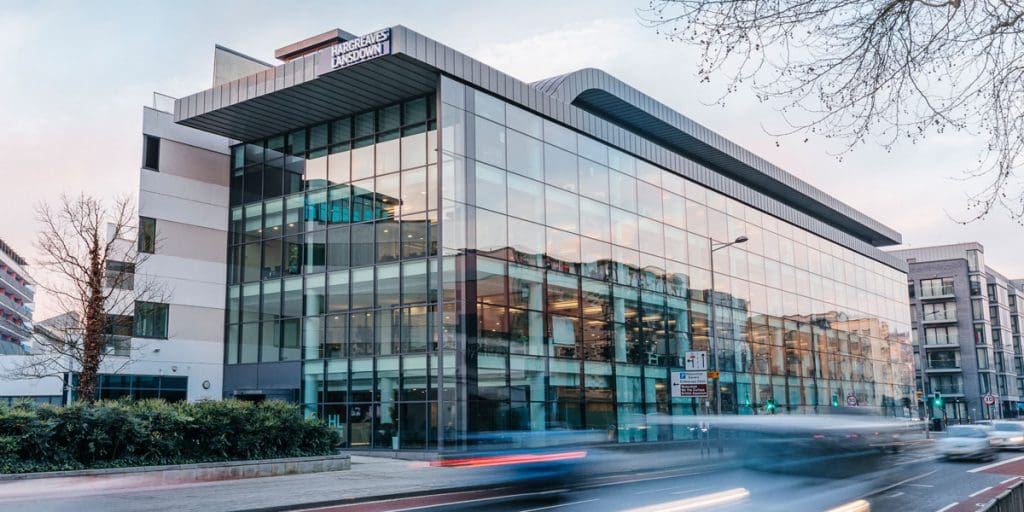
- HL index shows confidence in UK economic growth has fallen 9%.
- Pound hovers around 18 month lows amid worries about UK growth.
- The HL monthly index shows 21% rise in investor confidence overall.
- Primark not immune to soaring inflation and warns prices will rise.
- Oil price rises slightly as China’s central bank promises support amid lockdowns.
- Twitter lights up as the Musk takeover is accepted.
Susannah Streeter, senior investment and markets analyst, Hargreaves Lansdown.
‘’Super-hot inflation and worries about how the economy will cope as prices show little sign of easing are playing on minds of investors with confidence in UK economic growth falling sharply in April, by 9%. This has been reflected in the drop in the pound, which is still trading at $1.274 around its lowest level against the dollar since September 2020. A tide of disappointing data has pointed to a deterioration in consumer sentiment and a loss of momentum for manufacturing, and the mounting cost of living threatens to throttle spending further. However investor confidence has risen in April overall, following the shock to sentiment in March caused by the invasion of Ukraine. According to the HL index confidence rose 21% as investors appear to have adapted to the new status quo of an entrenched war in Eastern Europe. There is mild relief that so far it hasn’t spilled out further geographically, with chaos calmed on commodity markets, even though prices of essential goods are still significantly elevated since the start of the year.
Cost pressures are mounting for retailers and the fashion behemoth that is Primark is no exception. For the six months to March 5th it has proved resilient, particularly in the UK and Ireland with sales increasing 59% as customers have snapped up new styles to satisfy pent up demand for socialising and holidays. This performance has helped put the shock of the pandemic well and truly behind the group with profits returning to pre-covid levels. This is no mean feat given the retail pain lockdowns caused for Primark. But parent company ABF has warned that it can’t offset soaring input costs with savings alone, so prices will increase on some Autumn Winter ranges. This is a tricky manoeuvre to get right given that fans flock to Primark’s for high fashion at cheap prices and instead of piling clothes high in baskets they may be more cautious which could hit volumes. Even so the company is confident it will stay well placed in the value proposition and reckons it can make progress in adjusted profits despite the pressures ahead. In the food business, sugar again proved the sweet spot, with sales coming in ahead of expectations, but as high inflation and logistics challenges mount, adjusted operating profit fell 9% with no amount of cost cutting or competitive pricing able to fully offset the challenges.
US stocks meandered slightly higher on Monday, and it was a mixed bag of performance for indices in Asia on Tuesday. Many traders are in wait and see mode ahead of a raft key corporate results, including from Google’s parent Alphabet due to report later today. The advertising powerhouse is expected to post a rise in ad sales of around 23% for the first quarter, but there is a risks of disappointment given that as prices swirl higher, companies may have reined in big budgets. With continuing demand for remote and hybrid working, Google cloud services should be the bright spot amid any darkening skies.
China’s central bank’s promise to support the economy through the pain of fresh lockdowns has helped assuage the fear of contagion of a slowdown in the world’s second largest economy which has rippled through markets. Oil has edged up slightly, with Brent rising 1% pushing above $103 a barrel, as hopes rise that demand in China won’t fall off a cliff. Supply worries are also putting some pressure on the price, as more buyers turn away from Russian oil even without a European crude embargo agreed.
Twitter is still lighting up with news of Elon Musk’s ambitious takeover, now agreed by the board. The challenge will also be maintaining and building revenue given that the controversial opinions he hopes to give more of a free rein to, are often unpalatable to advertisers. He clearly sees introducing more subscription models as the way forward, but the risk is today’s regular users may just end up paying to receive more abuse, which doesn’t bode well for long term retention of the moderate Twitterati.
However Musk’s star quality and eagerness to stir up more controversial views on the platform may prove to be irresistible entertainment. If this deal goes through Musk’s Twitter is set to take on the heady scent of a sweaty town hall gathering, with combatants keyboard-ready to fire vociferous missives at their opponents. Injecting growth into this new social media boxing ring, and proving it is worth more than its $44 billion price tag, is going to be an extremely hard slog in the months and years ahead. But it seems promoting free speech rather than focusing on wealth creation is his primary motivation here. Given that Musk has time and time again deflected blows of criticism aimed at his perceived over ambition, he is likely to emerge bruised but in fighting form whatever obstacles are thrown at him.’
- The investor confidence index is compiled by surveying clients on a monthly basis. Each month we send the investors’ confidence survey to 6,000 random clients and there is a representative split of our clients by age. On average around 10% of clients respond.





